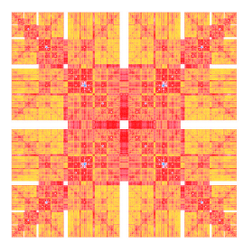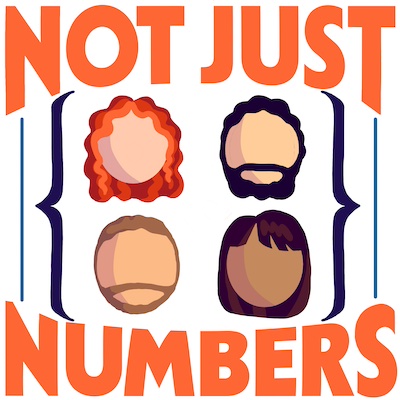Piping with Swift
Lately I’ve been playing with Apple’s newborn Swift quite a lot. I have to say that I am really impressed, and except for few things that I hope will be smoothed in the next months (years?), I find Swift really enjoyable and readable.
However, there is one feature that I really miss. Something that I daily use with slightly different syntaxes in Sh, Haskell, Julia and Elixir: the pipe!
# Can we implement a kind of pipe in Swift?
Given that in Swift |, . and || have already quite precise and distinct meanings, I am going to mimic Julia and Elixir’s notation and use |>.
Swift is unbelievably flexible from this point of view: one can easily define new generic infix, prefix or suffix operator, and state their associativity and precedence properties. You’ll soon see that the syntax speaks by itself!
Let’s try to define a left associative generic pipe.
operator infix |> {
associativity left
}
func |> <L,R>(left: L, right: L -> R) -> R {
return right(left);
}
Then we could use it to chain some function together in an elegant way. For example
func unique<T:Hashable>(array: Array<T>) -> Array<T>{
var filter = Dictionary<T,Bool>()
var result = Array<T>()
for i in 0..array.count {
if let elem = filter[array[i]] {
continue
} else {
filter[array[i]] = true
result.append(array[i])
}
}
return result
}
[1, 2, 3, 3, 3, 4, 5, 5, 6, 7] |> sort |> unique |> toString |> println
// prints '[1,2,3,4,5,6,7]'
I strongly believe that some (better) implementation of the pipe should become part of Swift standard library. For example it would be nice to be able to chain subscripts (e.g. filter[array[i]] replaced by i |> array[$0] |> filter[$0]) or more flexible maps (e.g. [1, 2, 3, 3, 3, 4, 5, 5, 6, 7] |> sort |> unique |> map($0, {x in x * x})) . But maybe I am asking for too much…
While writing this example, I was wondering what is the best way to remove duplicates in a Swift array? The shortest code I could come up with is
func unique<T:Hashable>(array: T[]) -> T[] {
var filter = Dictionary<T,Bool>()
for i in 0..array.count {
filter[array[i]] = true
}
return Array(filter.keys)
}
but it is probably not the fastest one. Nevertheless, I would probably use an underlying dictionary to implement a Set type and use the Set to remove duplicates. Note here that T[] is just syntactic sugar for Array<T>.
Another version, using the builtin contains function could be
func unique<T : Equatable>(array: T[]) -> T[] {
var result = T[]()
for x in array {
if !contains(result, x) {
result += x
}
}
return result
}
Again += stands for append when used with arrays.
I guess the fastest code would be to use a quicksort and remove the duplicates while sorting, but it (as my second implementation of unique) would not preserve the order of appearence.
While wrtiting this post, on HN was linked a very initersting post with implementation of some interesting construct, like the either of the previous post and more, and pointing out problems of the young swift compiler. I think it’s a nice reading.
Additionally I recently stumbled upon the following stackoverflow thread. I find it quite interesting, especially because it shows a nice extension of Arrays introducing an each construct very similar to ruby’s one.
Another simple example I was working on is the null coaleshing operator that would come handy with Swift’s optionals. An interesting discussion in regard can be found (again) in stackoverflow.
After some time we can start to understand the limitations of Swift, but the language is definitely still under construction and I would not be surprised if it will be different at the time of the final release.
In the meanwhile, if you can, experiment with it and have fun!!
UPDATE: despite the many limitations of Swift compiler in this direction, there is a quite active and promising library for functional programming in swift already under development: see swiftz on GitHub.


